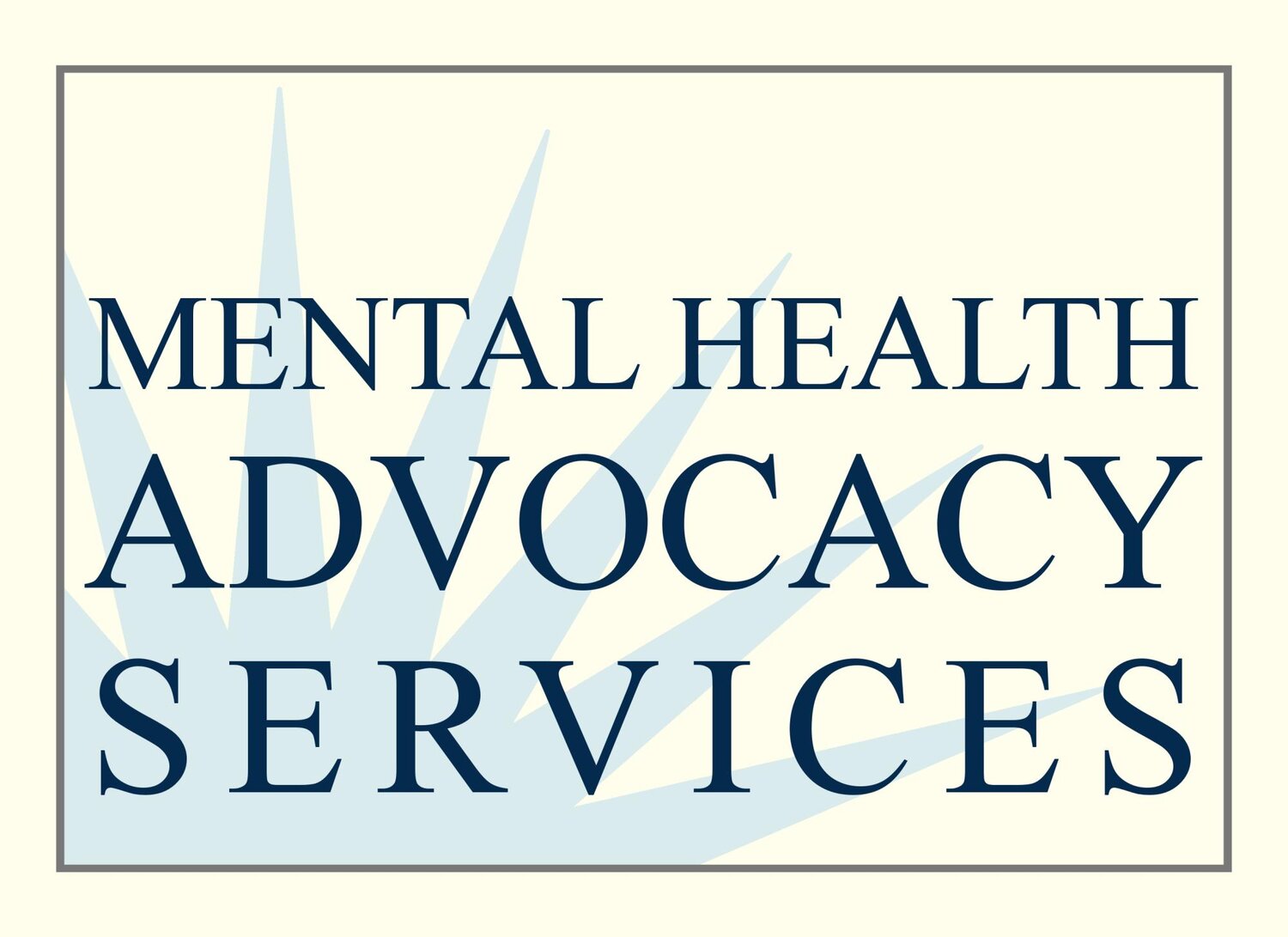MHAS Internship Lays Foundation for Career Goals by Colleen Smythe
Guest post by Colleen Smythe, law student at University of Michigan, who participated in MHAS’ summer internship program. Student interns’ activities include conducting client intake interviews, drafting SSI appeal briefs, assisting veterans to resolve warrant and ticket issues, and doing research and advocacy in special education and fair housing.My summer internship at MHAS was rewarding and eye-opening. As a law student considering a career in disability law, my goals for this summer were to improve my legal writing, explore substantive disability law, and learn what it is like to work in direct legal services. MHAS delivered in all these areas.First, working at MHAS strengthened my ability to research unfamiliar areas of the law and apply them to specific cases. I researched a variety of topics throughout the summer, including discrimination based on mental disability in restaurants, student loan discharge due to total and permanent disability, and medical debt waivers for indigent veterans. Conducting client phone calls was also a tremendous opportunity for growth. With continuing attorney consultation and supervision, I advised many clients on disability benefit applications and appeals (increasing their chances of winning much-needed support), advised parents on special education advocacy, and educated tenants about fair housing laws. Perhaps more importantly, intake was an excellent hands-on crash course in client interviewing. I improved my ability to maintain a professional relationship with clients and gather information efficiently while still making clients feel heard and respected — skills that I will use no matter what area of law I pursue. I even had the opportunity to practice using Spanish in a legal context, as MHAS serves a fair number of Spanish-speaking clients.The structure of the internship made the experience even better. As clerks, we were the clients’ main point of contact with the organization. Although I conferred regularly with MHAS attorneys throughout client intake, it was satisfying to know that each case I handled was essentially my own project from start to finish. The internship also included many interesting trainings and visits built into it, which expanded my understanding of the mental health system and public interest careers. Finally, it was a relief to navigate my first real legal job alongside eight other law student clerks, who were an invaluable source of insight, support, and humor. Overall, MHAS was the perfect environment for strengthening the legal grounding of my passion for disability rights, and I am very grateful for this opportunity.
Conducting client phone calls was also a tremendous opportunity for growth. With continuing attorney consultation and supervision, I advised many clients on disability benefit applications and appeals (increasing their chances of winning much-needed support), advised parents on special education advocacy, and educated tenants about fair housing laws. Perhaps more importantly, intake was an excellent hands-on crash course in client interviewing. I improved my ability to maintain a professional relationship with clients and gather information efficiently while still making clients feel heard and respected — skills that I will use no matter what area of law I pursue. I even had the opportunity to practice using Spanish in a legal context, as MHAS serves a fair number of Spanish-speaking clients.The structure of the internship made the experience even better. As clerks, we were the clients’ main point of contact with the organization. Although I conferred regularly with MHAS attorneys throughout client intake, it was satisfying to know that each case I handled was essentially my own project from start to finish. The internship also included many interesting trainings and visits built into it, which expanded my understanding of the mental health system and public interest careers. Finally, it was a relief to navigate my first real legal job alongside eight other law student clerks, who were an invaluable source of insight, support, and humor. Overall, MHAS was the perfect environment for strengthening the legal grounding of my passion for disability rights, and I am very grateful for this opportunity.
